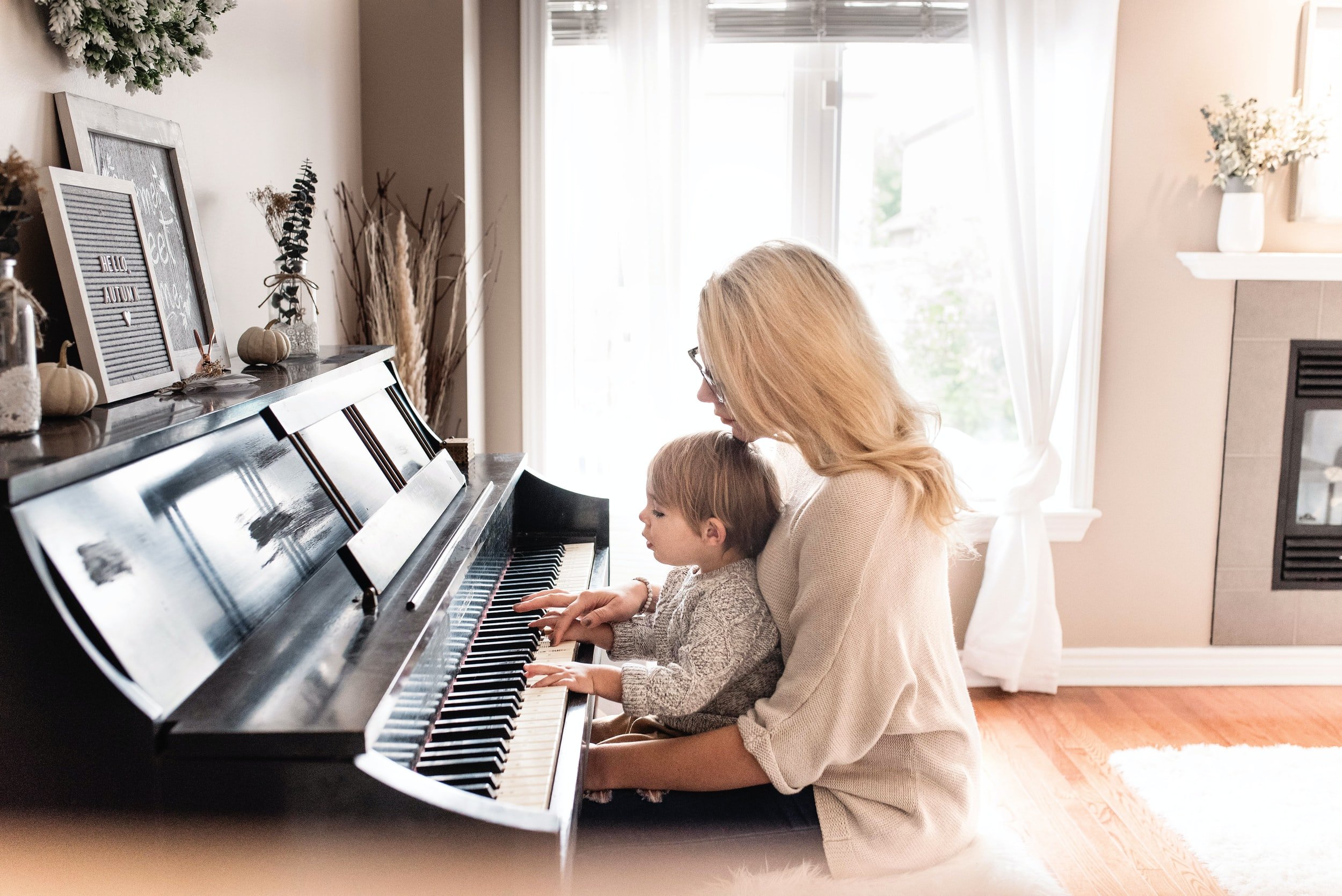
Teaching Philosophy
My philosophy is incorporated into everything that we do here at the studio. I believe that it is my job as a teacher to understand and accommodate each one of my students individual learning needs in order for them to be successful musicians. I am a life-long learner and will always be trying new ways to engage and excite students while studying the piano. It is also my job to instill confidence and joy into my students. This requires sensitivity to each one’s separate personalities. To do this, I aim to create a supportive community for students while they study the piano throughout their childhood and adolescence. I have learned that students are more successful and more joyful in their study if they have support from their family, their teacher, and their music community to explore music in all different ways.In addition, I believe it is extremely important to allow my students to express themselves in their own creative ways. I do this by incorporating group classes, giving students many performance opportunities including recitals with various themes like Halloween, ensemble recitals with student performances on up to six pianos at a time, small performances at different nursing homes and/or medical centers, studio field trips, participation in state competitions and festivals, and student led assessments with parents. Students can choose among these performance opportunities depending on their individual needs. While studying an instrument is incredibly difficult, it has many benefits and rewards including better self-esteem, an outlet for students to express themselves, learning how to discipline oneself, strengthening memory and reading skills, helping to process multiple things at once, developing creative thinking, increasing coordination, and many other things. I believe that being able to explore music is critical to a child’s education and development.
From the very first lesson I give clear expectations to students and their families to help them reach their goals using a variety of methods and materials. I teach from a classical approach and start working on the fundamentals right away to give students a strong foundation in their study. I also incorporate weekly theory and ear training games, instilling strong technical skills from the beginning.This provides students with the tools they need to grow into independent musicians. Because all students have different musical passions, supplemental material is added to their study depending on their creative personalities which includes popular music, learning to read pop symbols and lead sheets, improvisation, composition, beginner jazz and blues, and accompaniment.
I prefer to start students at preschool age (3-5). The introduction of a positive and enjoyable music and movement class that evolves around the piano at an early age, increases the likelihood that students will build confidence, increase enjoyment and solidify musical concepts. By using songs, rhymes, games, imaginative activities, instrument and scarf play, finger play, and method books, students are engaged in music on day one! Numerous studies reveal that learning the piano facilitates neural connections in the brain which promotes healthy development in children. This is ideal for a strong music foundation in young pianists.
When a family is interested in lessons, I share my philosophy of teaching and studio policies, ask for a face to face meet and great at my studio where we can talk about goals and expectations, and go over the program. After this initial get together, we mutually decide if my studio is a good fit for the student.